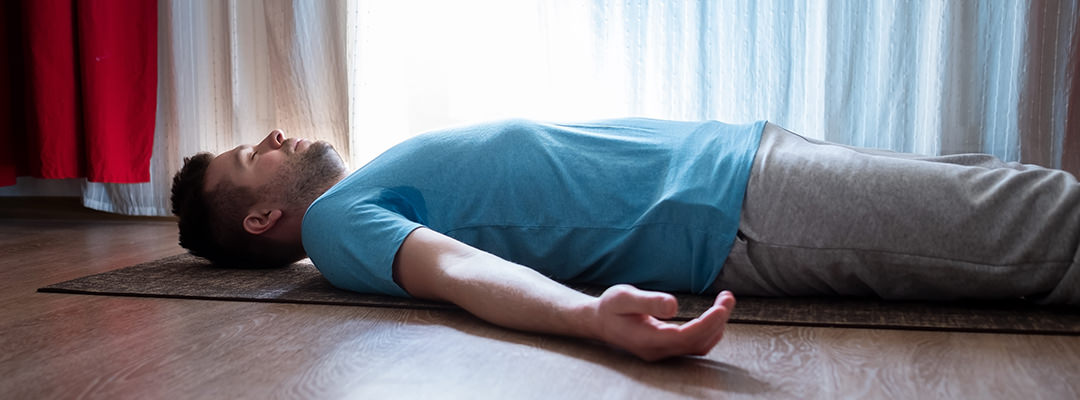There is no doubt that mattresses are widely used, whether it’s fancy or basic, new or old, almost everyone owns one. Mattresses play an important role in our daily lives as they help us sleep soundly at night.
But is it the ideal way for us to sleep? Is there another way to sleep, such as Mecor Lift Chairs that would benefit us more? Humans have slept on the ground for millennia. The ground was our initial sleeping surface.
Many people claim that sleeping on the floor enables them to sleep better, enhances their posture, and relieves back pain. There is, however, no evidence that sleeping on the floor is better than sleeping on a medium-firm mattress.
It’s worth noting, though, that many civilizations around the world sleep on thin cushions or mats on the floor on a regular basis. There appear to be no noticeable negative effects or issues as a result of this.
In this article, we will go through the risks and potential advantages of sleeping on the floor, as well as tips for doing so safely.
Does Sleeping on the Floor Relieve Back Pain?
Many people say that sleeping on the floor helps with back discomfort, despite the fact that there is little evidence to support this claim. People who sleep on the floor say that it can help with back pain, posture, and helps get a better night’s sleep.
It’s likely that sleeping on the floor will help you stand up straighter. Sleeping on a firmer surface may aid in aligning and straightening the neck and spine, as the spine is more likely to curve on a soft surface.
Sleeping on the floor is often cooler, it helps as some people tend to overheat at night, and they may prefer sleeping closer to the ground because of the cooler temperatures.
There is a lot of evidence to suggest that sleeping on a medium-firm mattress benefits sleep experience, quality, and spinal alignment as well. All of this can aid in the relief of back pain.
Sleeping on the floor, on the other hand, may increase pressure and discomfort if there is insufficient cushioning at pressure areas on the body, such as the tailbone, shoulder blades, hips, or back of the head. This could lead to restless nights and much more discomfort.
Benefits of Sleeping on the Floor
Although there hasn’t been as much research done on sleeping on the floor, it’s plausible that the hard support it provides the spine has a similar impact as a medium-firm mattress
Sleeping on the floor appears to aid with posture as well, thanks to the added alignment assistance, the straightening of your back is a result of sufficient support and less pain.
People tend to slouch because standing up straight hurts them, either because they slept on a lousy mattress or because they’ve formed unhealthy habits.
Sleeping on the floor can also help you sleep better as it not only makes you feel more rested but also makes you feel more ready to get up in the morning. We click the snooze button once or twice each morning because sleeping in a bed can be too comfy at times.
Disadvantages of Sleeping on the Floor
While many people claim that sleeping on the floor relieves back discomfort, some claim that it might actually induce or worsen back pain. However, people who suffer from joint pain or arthritis may find it uncomfortable if their mattress lacks targeted support under specific pressure spots.
Being closer to the floor also means being closer to dirt and dust, which raises the chance of allergic reactions. When sleeping on the floor, those with allergies may experience sneezing, nose itchy, rashes, coughing, redness, watery eyes, or difficulty breathing
The risk of a bedbug infestation is higher in mattresses and sheets that are used on the floor. It is recommended to have the mattress slightly raised and make sure that no bedding hits the floor to prevent this risk.
Mold might also grow in a mattress if there isn’t enough air circulation. Due to a lack of airflow around the mattress, sweat can become trapped inside, causing mildew and foul odors to form.
Who Shouldn’t Sleep on the Floor?
People with underlying health issues that impact blood circulation, such as diabetes or anemia, may find that sleeping on the floor makes them feel a lot colder.
Sleeping on a firmer surface, such as a hard floor or a very firm mattress, might limit air circulation even more. This is because increased pressure on some parts of the body, such as the shoulders, buttocks, and lower legs, can restrict blood circulation.
Furthermore, people with less or limited mobility, such as elderly folks, pregnant women, and overweight individuals, may find it difficult to get in and out of a bed on the floor.
Can a Pregnant Woman Sleep on the Floor?
Sleeping on the floor while pregnant is generally considered safe. Many pregnant women prefer to sleep on the floor since it is the most comfortable position for them.
However, pregnant women should keep in mind that they’ll have to get down on the floor and get up again. If this makes you feel uneasy, you should avoid sleeping on the floor.
What Is the Right Way to Sleep on the Floor?
Make sure the sleeping area on the floor is clean and clear of anything that could cause an injury or an accident. Layer your bedding with blankets, mats, pillows, or thin cushions to see what works best.
Lay down on the ground. Lie on your back, side, and stomach to see what works best for you. Experiment with several postures to see which one feels the most comfortable.
Put your knees on a second pillow if you’re on your back or stomach for extra support. When laying on your back, you can also place a pillow beneath your lower back. Place a pillow between your knees if you’re lying on your side.
Allow yourself time to adjust to the new surface. Instead of jumping right into a full night’s sleep, take a quick nap first. You could also set your alarm for 2 or 3 hours and then go back to bed. You can gradually increase the amount of time you spend sleeping on the floor.
Try out a few different sleeping positions to determine what works best for you and where further support, such as more blankets or a cushion may be needed. When laying on their side, pregnant women should support their baby bump with extra pillows.
Sleeping on the floor is quite popular. It is typical in many cultures around the world. Some claim it can also help with back discomfort, posture, and allows them to get a better night’s sleep. but the advantages have yet to be scientifically confirmed.
Before sleeping on the floor, anyone with underlying diseases, allergies, or limited mobility should always consult their healthcare physician.





